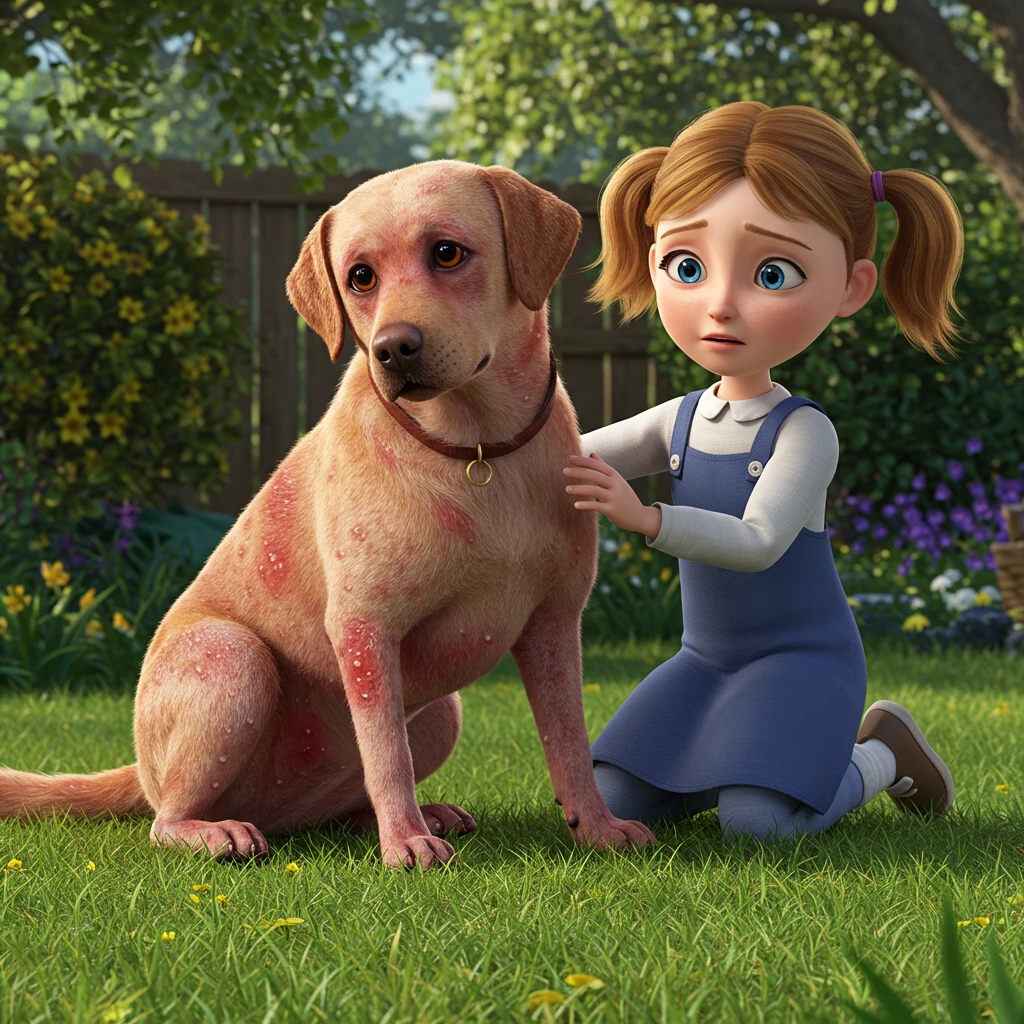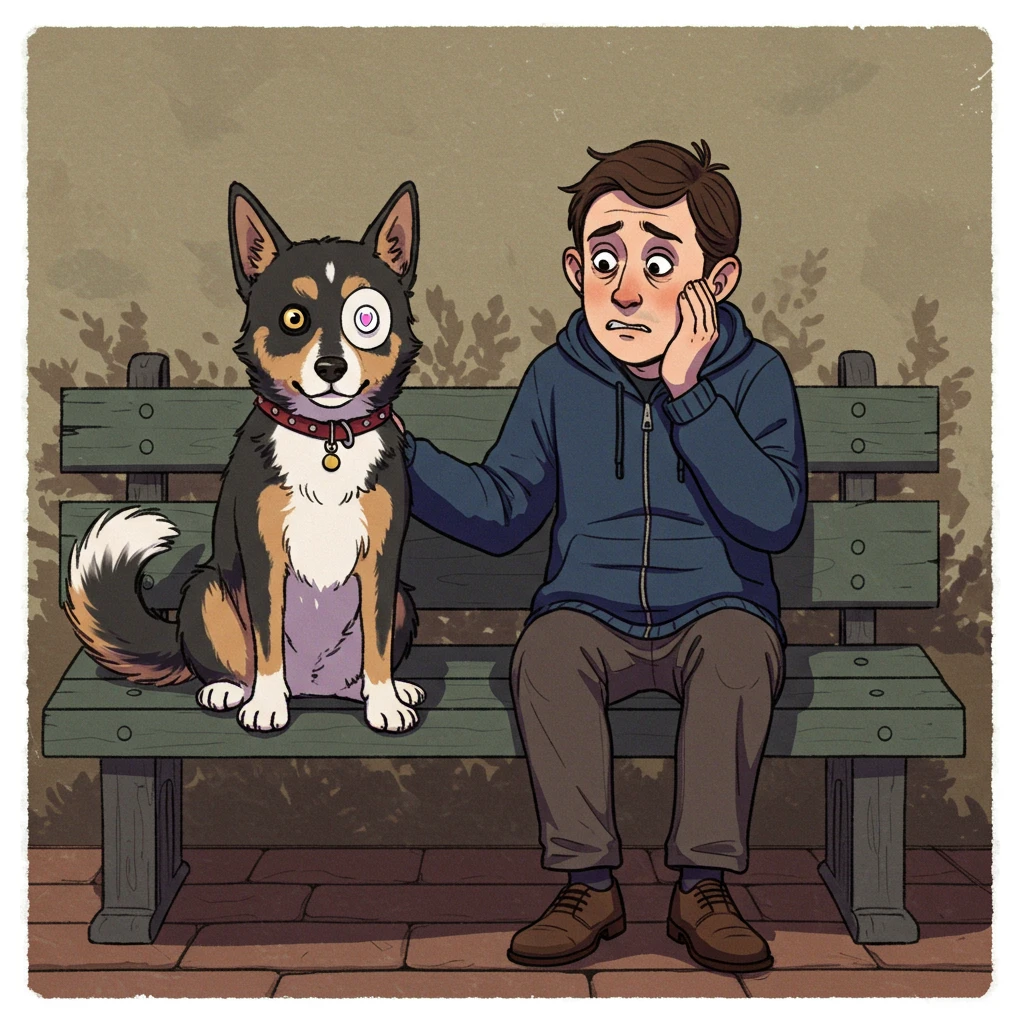Our four-legged companions’ skin can sometimes be prone to irritation, causing discomfort and distress for both the dog and its owner. The causes of skin irritations in dogs are numerous: allergies, parasites, infections, or even underlying diseases. This article aims to offer a comprehensive understanding of the possible causes of skin irritations in dogs, as well as home treatments and tips to relieve these conditions.
Understanding the Causes of Skin Irritations
Allergies
Food or environmental allergies can cause itching and irritation. Dogs can be allergic to certain ingredients in their diet, such as wheat, soy, or certain types of meat. Environmental allergies can be due to pollen, dust mites, or other allergens present in their environment.
Parasites
Fleas, ticks, and mites are common parasites that can lead to skin irritations. Bites from these parasites cause itching, and dogs often scratch to try and relieve this sensation.
Infections
Bacterial or fungal infections can also be the cause of irritations. These infections often develop as a result of excessive scratching, which damages the skin and opens the door to other pathogens.
Skin Diseases
Certain skin diseases, such as atopic dermatitis, can cause chronic irritations. It’s crucial to consult a veterinarian for a proper diagnosis if symptoms persist.
Home Remedies and Treatments
1. Soothing Baths
Regular baths can help soothe irritated skin. Use gentle shampoos specifically formulated for dogs, and avoid products containing sulfates or parabens. Adding colloidal oatmeal to the bath can also relieve itching.
Example: Prepare a bath with lukewarm water and add 1 cup of colloidal oatmeal. Let your dog soak for about 10 to 15 minutes.
2. Cold Compresses
To reduce inflammation and itching, apply cold compresses to the affected areas. This can provide immediate relief.
Example: Dampen a clean cloth with cold water, wring it out, then apply it to the irritated area for 10 minutes.
3. Coconut Oil
Coconut oil has antifungal and antibacterial properties. It can be applied directly to irritated skin to hydrate and soothe.
Example: Take a small amount of coconut oil and gently massage it onto the irritated skin. Repeat once or twice a day.
4. Aloe Vera
Aloe vera is a well-known natural remedy for its soothing and healing properties. Aloe vera gel can be applied directly to skin irritations.
Example: Cut an aloe vera leaf and extract the gel. Apply it to the affected area twice a day.
5. Dietary Changes
If you suspect a food allergy, consider changing your dog’s diet. Opt for hypoallergenic food or consult a veterinarian for a tailored nutritional plan.
Example: Gradually introduce a hypoallergenic food over a period of 6 to 8 weeks to observe any improvement.
6. Supplements
Omega-3 fatty acids can help improve skin health and reduce inflammation. You can consider adding omega-3 supplements to your dog’s diet.
Example: Consult your veterinarian to choose an appropriate supplement and determine the dosage.
Key Points and Best Practices
- Identify the causes: Observe the symptoms and try to identify the cause, whether it’s allergies, parasites, or infections.
- Consult a veterinarian: For persistent irritation, it’s crucial to consult a veterinarian for an accurate diagnosis and appropriate treatment.
- Don’t neglect hygiene: Maintain good hygiene for your dog and its environment to reduce the risk of skin irritations.
- Monitor reactions: When trying new home treatments, monitor your dog’s reactions and immediately stop any product that seems to worsen the situation.
- Prevention: Adopt preventive measures, such as regular parasite treatment and maintaining a balanced diet.
Conclusion
Skin irritations in dogs can be bothersome and painful, but with a proper understanding of the causes and home treatments, you can bring relief to your companion. Remember that every dog is unique, and what works for one may not be effective for another. Always prioritize a veterinary consultation if in doubt, especially if symptoms persist or worsen. Ultimately, your dog’s health is paramount, and early treatment can make all the difference for their well-being.
Have you noticed any patterns in when your dog’s skin irritation occurs, such as after certain activities or foods?







